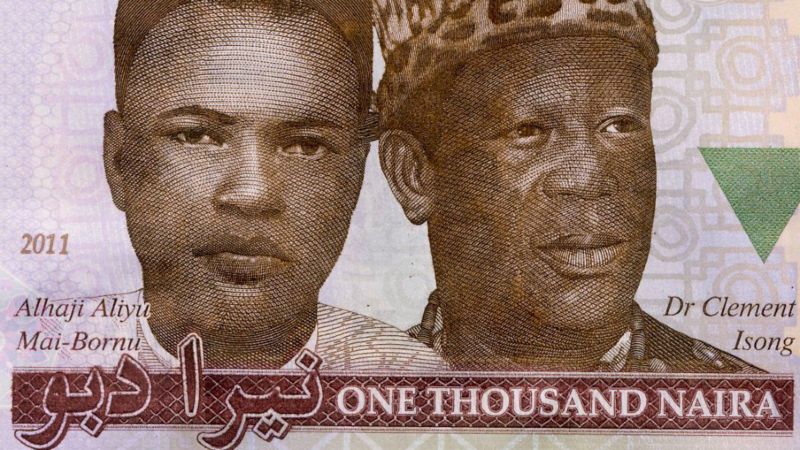Nigeria: At 6.5m, Nigeria’s Total Metering Rate Hits 55 Percent, Active Customers Near 12m

Abuja — The total number of metered customers in Nigeria rose to 6,579,818 in August this year, improving the metering rate nationwide to 55.01 per cent, according to the latest data from the Nigerian Electricity Regulatory Commission (NERC).
However, the numbers showed that while more households were supplied the measuring devices by the Distribution Companies (Discos), millions of customers remained unmetered, leaving large portions of the country reliant on estimated billing.
Besides, the NERC factsheet for July and August showed that total active customers in the power sector increased from 11,897,246 in July to 11,960,101 in August. Out of this number, 6,508,611 customers were metered as of July, representing a metering rate of 54.71 per cent, while by August, total metered customers rose slightly to 6,579,818, improving the metering rate to 55.01 per cent.
This means that 70,888 customers were newly metered in August, a small increase from the 76,783 recorded in July. Combined, the two months under consideration saw 147,671 new meters deployed nationwide.
But while the trend indicated steady progress, it also reinforced the scale of the challenge as just over 55 per cent of electricity consumers are currently metered, leaving roughly 45 per cent still subject to estimated billing. This remains a major source of consumer dissatisfaction and billing disputes across the sector.
A closer look at the distribution indicated that performance varied significantly among the 12 electricity distribution companies. Some companies have achieved relatively strong metering penetration, while others continue to lag far behind.
For instance, Ikeja Electric (IE), sustained its high performance, with the company having a metering rate of 84.64 per cent in July (1,084,624 metered customers) and further improved to 84.83 (1,094,208) per cent by August.
Eko Electric Distribution Company (EEDC) also emerged one of the top performers. In July, it had a metering rate of 83.72 per cent, with 519,482 metered customers out of 620,521 active accounts. By August, it improved slightly to 84.25 per cent, with 525,406 customers now on meters.
This was followed by Abuja Disco, which also maintained strong progress, recording a 73.43 per cent metering rate in July, which edged up to 73.92 per cent in August. These three companies fell into what NERC categorised as the “Green Zone” where metering rates are 70 per cent or above. Customers under these networks generally experience fewer disputes related to estimated billing.
However, the situation was starkly different for some other Discos, particularly in the northern corridor. Yola Disco, for instance, continued to record some of the lowest metering penetration in the country. Its metering rate was 28.61 per cent in July and moved only slightly to 28.65 per cent in August. Only 145,902 out of its 507,866 active customers are currently metered. Jos Disco followed a similar pattern, with metering rates of 29.58 per cent in July and 29.61 per cent in August.
Kaduna Disco and Kano Disco also remained in the lower bracket, with Kaduna recording 33.52 per cent in July, improving only marginally to 33.60 per cent in August. Kano stood at 34.39 per cent in July and 34.43 per cent in August. In these regions, estimated billing remained widespread, raising concerns over consumer trust and the efficiency of revenue collection.
Even in the South-east and South-south, where urban density and customer concentration might suggest easier metering rollouts, progress has been uneven. Enugu Disco reported a metering rate of 46.81 per cent in July and 46.79 per cent in August.
In the same vein, Port Harcourt Disco, meanwhile, recorded 61.43 per cent in July and 61.29 per cent in August, putting it in the mid-tier category.
Interestingly, Ibadan Disco, which serves some of the largest geographic coverage in the country, added the highest number of new meters in both months. It deployed 21,129 meters in July and 15,837 in August, bringing its metering rate from 50.14 per cent to 50.54 per cent. Yet, despite these large deployments, the company barely crossed the halfway mark, largely because of its very large customer base of over 2.3 million active accounts.
Benin Disco also showed modest progress, inching from 50.54 per cent in July to 50.78 per cent in August. Across both periods, it installed nearly 18,000 new meters.
The data underscored an ongoing structural problem, which is that the gap between metered and unmetered customers remained wide in many regions, and the pace of metering is still too slow to close that gap significantly in the short term. While monthly additions of roughly 70,000 meters may look encouraging on paper, at that rate, it would take years to meter the millions still on estimated billing.
The implication is that for consumers, lack of metering means continued exposure to arbitrary billing. For Discos, it affects revenue assurance and collection efficiency, while for the government, it complicates efforts to transition the electricity market into a more cost-reflective environment without sparking social backlash.
The commission has repeatedly emphasised the importance of metering, noting that it not only protects consumers but also stabilises cash flow in the sector. But persistent financial constraints, delays in meter procurement frameworks, and technical bottlenecks continue to slow progress.
By This Day.



